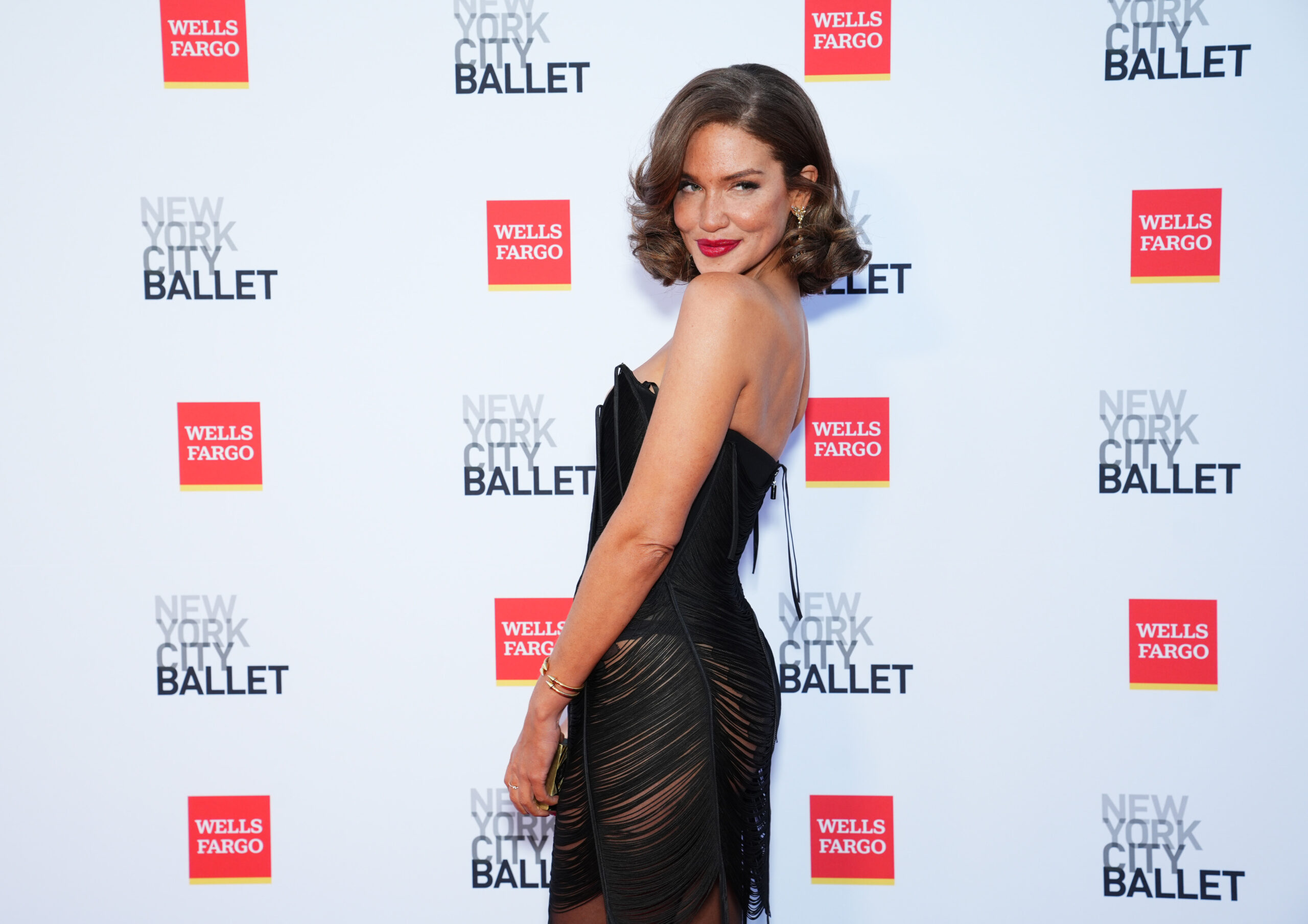Brynn Whitfield has never shied away from sharing her journey as a biracial woman navigating identity and acceptance. Growing up as half Black and half white, Whitfield faced unique challenges, particularly in defining her identity, which many biracial women can relate to. For Whitfield, hair has been at the center of this journey.
While speaking with 21Ninety at the New York City Ballet Gala, the “Real Housewives of New York” star opened up about how her relationship with her hair has mirrored her path to self-acceptance.
She recently decided to do “the big chop,” because she wanted to start owning her curls. It wasn’t just about cutting her hair, it was about embracing who she truly is.
A French hairstylist in Los Angeles gave her some advice, saying, “Until you wear your hair curly, you’re never going to be the person you’re supposed to be.”
Although she laughed at the hairstylist’s remarks, they held true. This was just a continuation of a lifelong journey for Whitfield. Her decision to go natural reflected her desire to reconnect with her Black heritage which she struggled to fully embrace as a child.
Like many biracial women, Whitfield spent a good portion of her youth trying to navigate the complexities of racial identity.
“Growing up, I got teased for my hair,” she shared. “Kids called me Puff the Magic Dragon because my hair was big and curly, like Rudy Huxtable from ‘The Cosby Show’.”
Raised by a white grandmother who didn’t know how to manage her curls, Whitfield’s early experiences with her hair involved trips to salons that chemically straightened it. Now, as an adult, she’s reclaiming the curls she once tried to hide.
“I just want to wear my hair naturally. I’m trying to go on that journey,” she said.
Brynn Whitfield Beyond the Relaxer
For many Black and biracial women, hair is a significant part of self-expression, but it’s also deeply tied to identity and societal expectations. Whitfield’s journey is no different.
“You’re not gonna find yourself in a pile of relaxer,” she said emphatically.
She offered advice to young Black and biracial girls who might be struggling with their own hair and identity journeys.
“I know it’s hard, and the kids can be mean, but eventually, you’re going to love what you don’t like right now.”
Speaking from personal experience, she explained she once had to straighten her hair to fit in or to make others feel more comfortable around her. Raised in an all-white environment, she often let others define her identity for her. Now, she’s on a mission to reclaim her natural beauty, knowing that her curls are not something to hide but something to be proud of.
“Growing up, I identified more as white,” she explained. “People would say, ‘You look more white, so you are white,’ and I allowed them to tell me who I was.”
But as she entered her mid-twenties, something shifted.
“It was like an ‘aha’ moment. I just woke up one day and was like, ‘I’m proud I’m Black.’ And everything started to fall into place—my confidence, my career, my sense of self,” she said.
This profound shift in how she saw herself also informed her hair journey.
“It’s interesting—I now identify more as Black than I ever did growing up,” she explained.
This sense of pride has had a ripple effect in her life.
“Once I started embracing my Blackness fully, that’s when I started making more money, that’s when everything just started to click,” she shared.
Embracing the Journey
As Whitfield navigates her hair’s transition back to its natural curl pattern, she admits it hasn’t been easy.
“I’ve been Googling, asking for advice, and now my TikTok algorithm is all about curly hair routines,” she laughed.
But with the overwhelming number of products and techniques out there, it’s a lot to take in.
One piece of advice that stuck with her is to “work with your hair, not against it.”
It’s a philosophy that echoes her broader journey of self-acceptance; letting go of the need to conform and instead embracing what makes her unique, day by day.
Whitfield’s hair journey is much more than a quest for perfect curls. It’s a reflection of her identity as a proud Black woman who has learned to love every part of herself. Her message to other women who may be struggling with their own hair or identity journeys is simple.
“You will love what you don’t like right now. It just takes time,” she shared. For Whitfield, that time has come, and her natural curls are just the beginning of a journey that celebrates authenticity and self-love.
